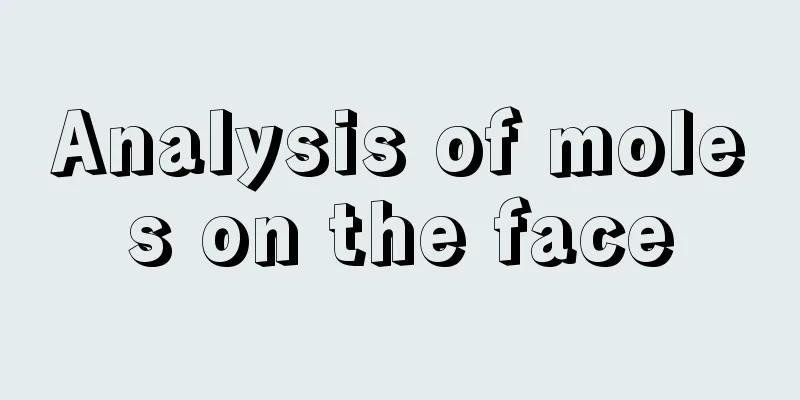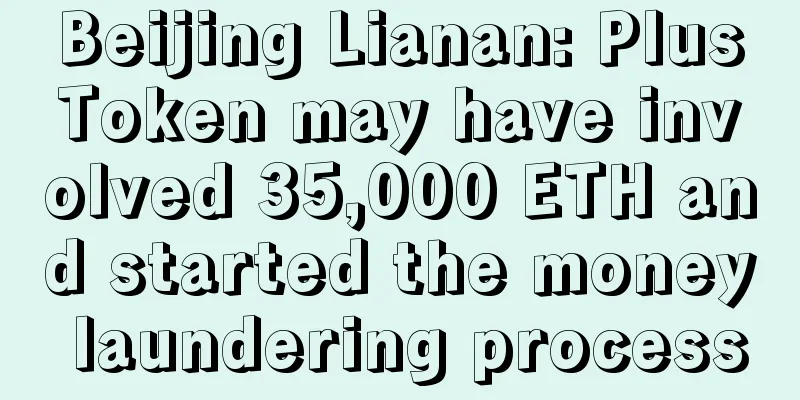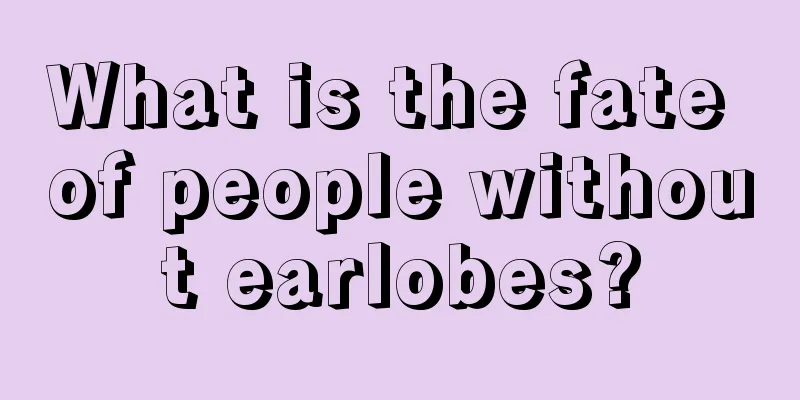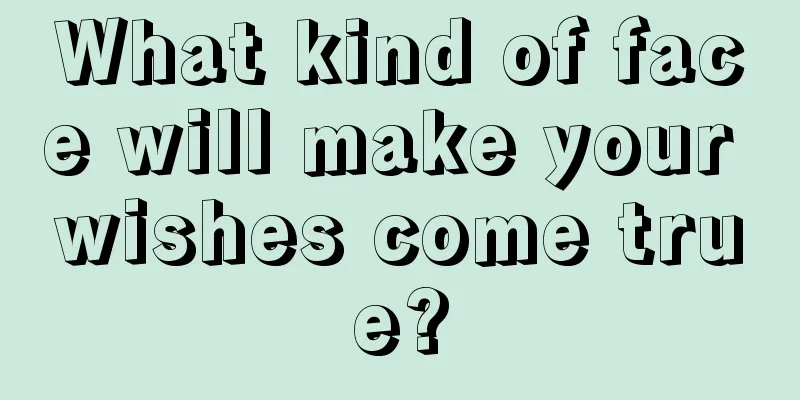IBM uses blockchain technology to help companies monitor supply chains
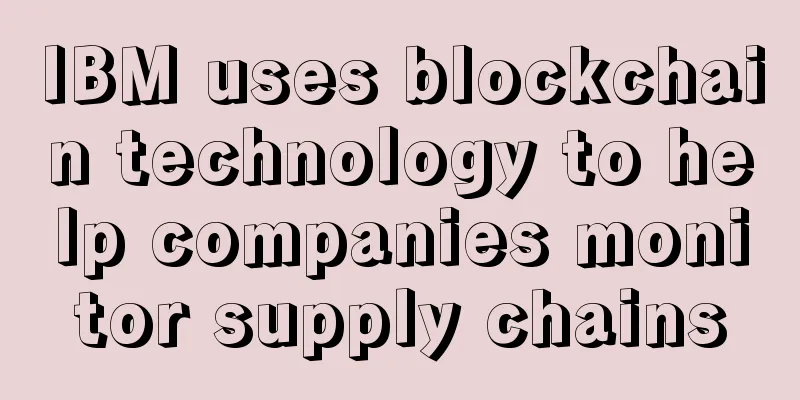
|
IBM announced Thursday a platform for corporate users to test "blockchain" record-keeping technology in their supply chains. The technology hopes to expand the use of blockchain technology, which has become the underlying technology of Bitcoin and is used by banks and exchanges to track financial transactions, beyond the financial services industry. While companies such as Nasdaq, Depository Trust & Clearing, JPMorgan Chase and Bank of America are experimenting with blockchain technology, only a few companies, including Toyota, are using it to monitor their own supply chains. Blockchain is a data structure that can be used to create and share a digital ledger of transactions. It uses cryptography so that anyone with permission can add information to the ledger in a secure manner without the use of a centralized system. Once a block of data is recorded in the blockchain ledger, it is difficult to change or delete. Proponents say these features make blockchains well suited for recording and monitoring large amounts of data, such as short-term loans or the millions of parts in an airline supply chain. IBM's new service allows supply chain clients to build and test blockchains using the company's LinuxOne system version in a secure cloud. The service is aimed at companies that want to track high-value goods through complex supply chains. IBM's initial customers include Everledger, which helps companies track the origin of diamonds so that buyers can identify which diamonds come from regions where forced labor is prevalent or where proceeds from previous sales have supported violent activities. Everledger is developing a system to record the entire process of diamonds from mines to jewelry stores, and has been using various blockchain tools, including Bitcoin's general ledger. Everledger CEO Leanne Kemp said Everledger is testing IBM's technology, which is expected to be launched globally by the end of this year. Kemp said that many diamond transactions today are recorded through paper information, which is easy to modify or forge. "This 150-year-old industry relies on credit for transactions." Bill Fearnley, research director at market research firm IDC, said that because blockchain technology can create a permanent record that cannot be modified, it is well suited to tracking diamonds and other commodities that require information about their origins and previous owners. "Any high-value asset can be better tracked and historical information cannot be tampered with," he said. IBM hopes to establish its position in the blockchain industry by developing code and building labs to make it easier for users to try blockchain software. Jerry Cuomo, vice president of IBM Blockchain, said that supply chain is second only to the financial industry as the most likely application area for this technology. Suppliers are also likely to feel pressure from blockchain systems, Fearnley said. “Financial services companies are in the middle of buying and selling goods, and once they embrace the technology, others will have to follow suit in order to do business with them,” he said. |
>>: Invisible welfare is nowhere to hide. Blockchain can revolutionize welfare and reduce poverty
Recommend
How can you be successful in your career according to your face?
A netizen asked how one can have the conditions f...
Is it good for a woman to have a mole between her eyebrows? What does it mean for a man to have a mole between his eyebrows?
What does a mole in the eyebrow mean? Mole appear...
Why is Zhu Lingling so lucky judging from her face?
Why is Zhu Lingling so lucky judging from her fac...
People who easily follow other people's advice
A wise man will make a thousand mistakes in one o...
The face of a man who always sees things clearly
In fact, many problems that occur in daily life w...
Can the tongue reveal a person's fortune?
Can the tongue reveal a person's fortune? The...
What does a mole on the genitals mean? Mai's physiognomy explains the meaning of moles on the genitals!
Moles not only appear in easily visible places, b...
What is the fate of people with pointed ears? They have bad career development.
Many people ignore the ears when looking at a per...
What does the split love line in palmistry mean?
There are many different lines in our palms, and ...
What are the characteristics of a woman who is prosperous in her later years?
Some women are born with a destiny that gets bett...
Ferrari accepts Bitcoin: American buyers will use cryptocurrency to purchase cars
Luxury carmaker Ferrari has announced that it wil...
Is it unlucky to have a mole on the nose?
The mole on the nose represents wealth. Although ...
People with this face are dedicated to everything they do.
Do you have something you really want to do? As t...
Ma Yi's Physiognomy on the Good and Bad Omens of Ears
【original】 The ears are represented by metal and ...
There is no main line on the palm lines, and you will live a long life
Everyone has palm lines, some long and some short...

